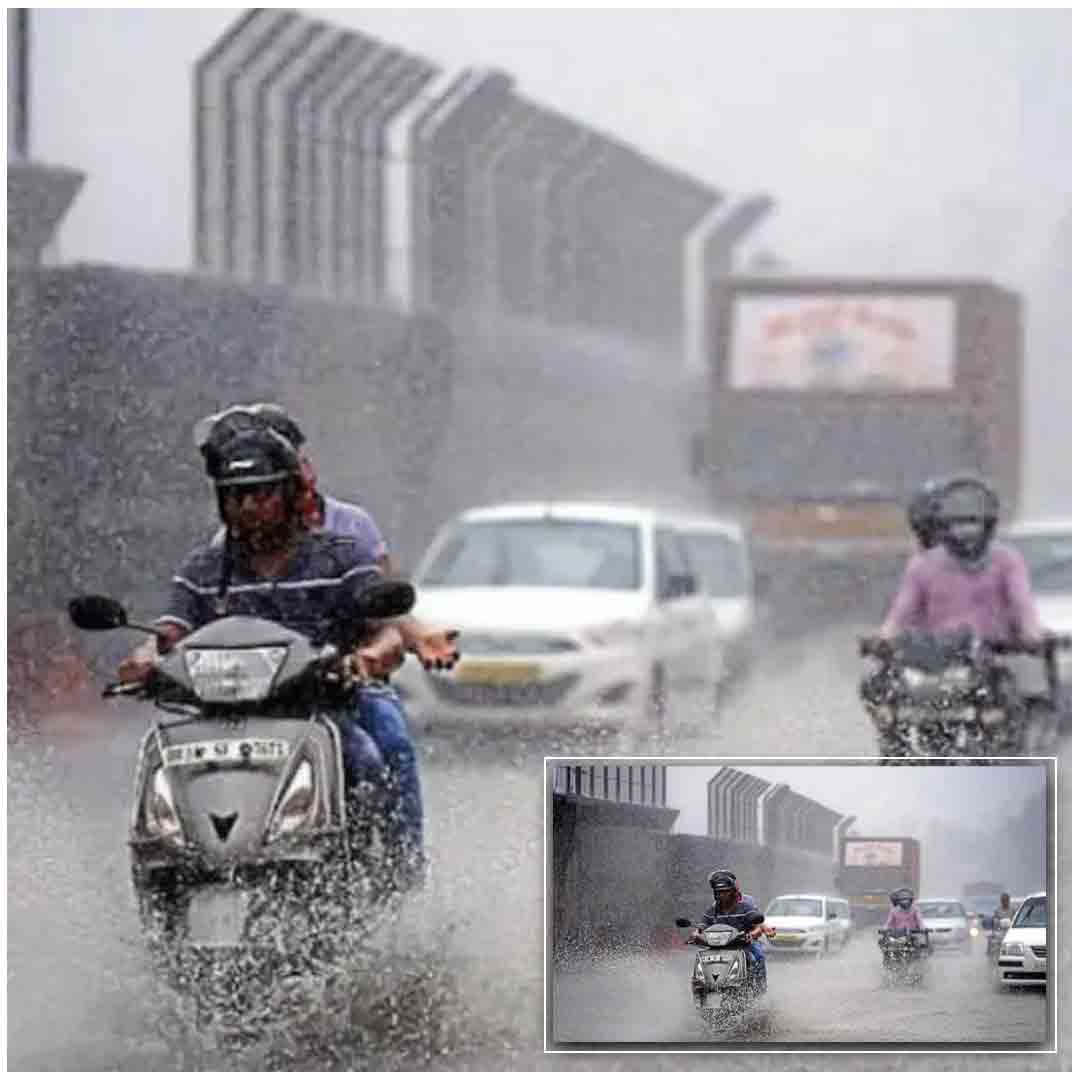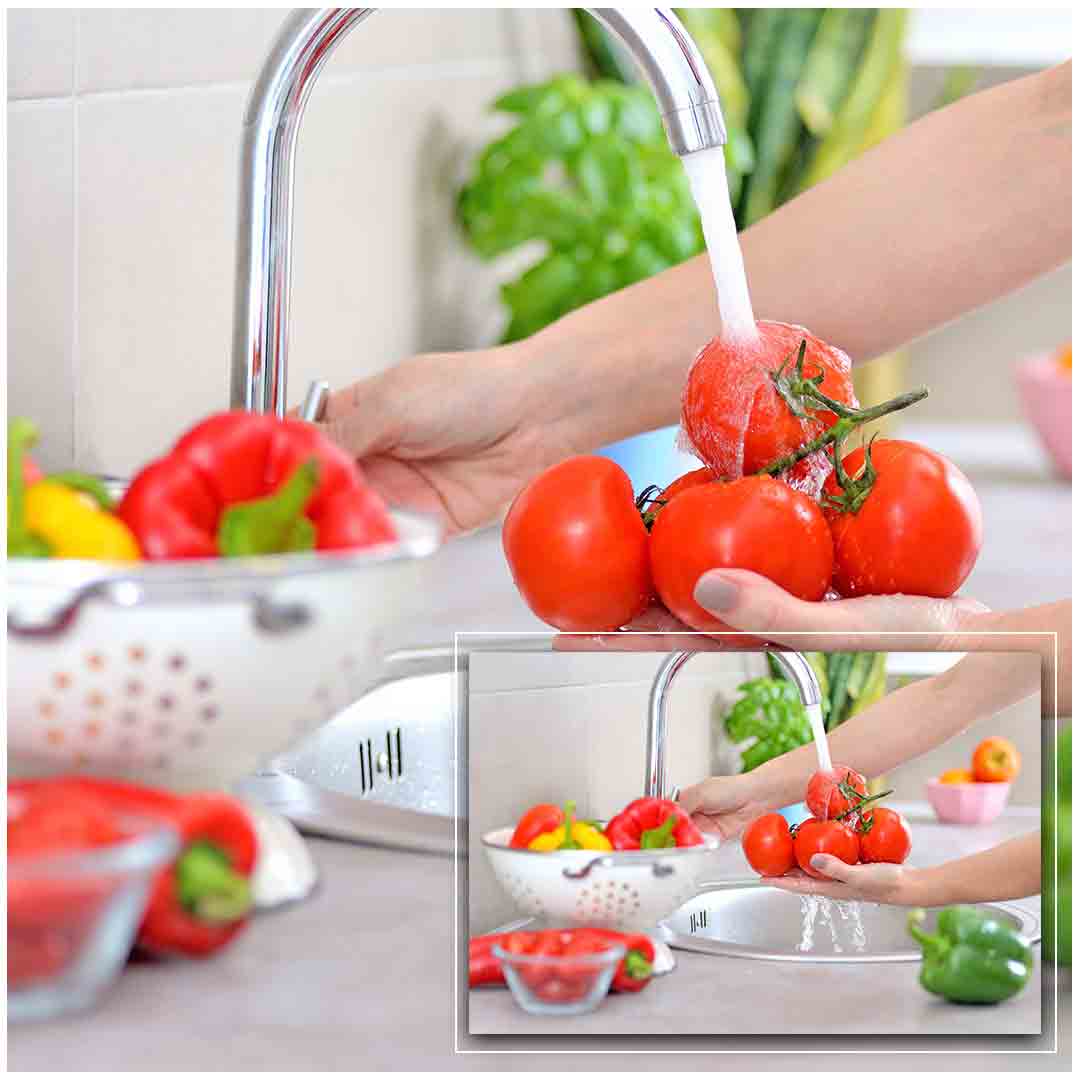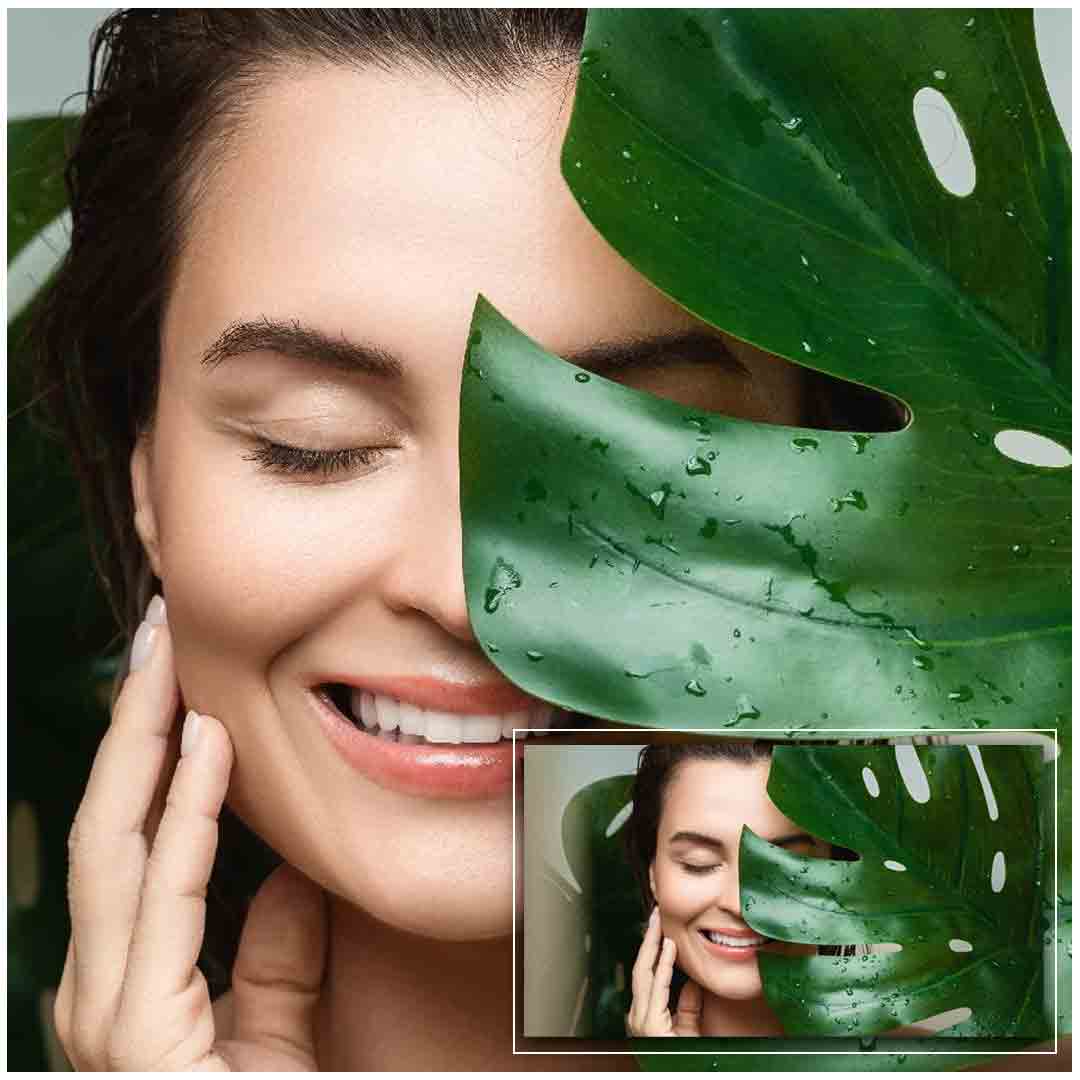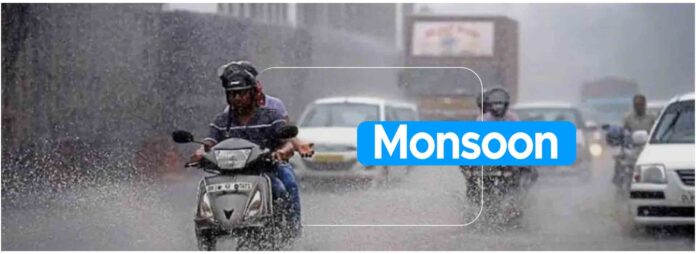The monsoon is always a special season for Indians. Some like it because it brings a relaxing vibe by beating the hot weather, and some just love the smell of rain falling on the ground. For some, it brings joy, but the monsoon also brings certain challenges for your health, hygiene, food, and lifestyle.

Health
There are certain diseases and infections people usually have during the monsoon. Dengue, Typhoid, viral, and fungal infections Diseases such as Cholera and Typhoid are water-borne diseases. The use of contaminated food and water is the reason behind these diseases.
There are major precautions one should take to prevent these diseases. Make sure you drink safe and healthy water. Use purified or boiled water to cook food and wash fruits and vegetables.

The monsoon season is a time of high humidity and rainfall, which can create an ideal environment for the growth of bacteria and fungi. This can lead to a number of skin infections, including:
Athlete’s foot: This is a fungal infection that commonly affects the feet, especially between the toes. It is characterised by itching, redness, and scaling of the skin.
Ringworm: This is another fungal infection that can affect the skin, hair, and nails. It is characterised by a ring-shaped rash that is often red, scaly, and itchy.
Scabies: This is a parasitic infection that causes intense itching. It is spread through close contact with an infected person.
Intertrigo: This is a type of skin rash that occurs in skin folds, such as the armpits, groyne, and under the breasts. It is caused by moisture and friction, and is often accompanied by redness, itching, and scaling.
Dermatitis: This is a general term for inflammation of the skin. There are many different types of dermatitis, but some of the most common ones that are triggered by the monsoon include atopic dermatitis, contact dermatitis, and seborrheic dermatitis.
If you experience any of these skin infections, it is important to see a doctor for diagnosis and treatment. Treatment will vary depending on the type of infection, but may include antifungal creams, antibiotics, or oral medications.
Here are some tips to help prevent skin infections during the monsoon season:
Keep your skin clean and dry.
Wear loose-fitting, breathable clothing.
Avoid walking barefoot in wet areas.
Use an antifungal powder or cream in skin folds.
If you have a skin infection, do not share towels, clothes, or bedding with others.
Hygiene
No doubt the monsoon brings beautiful weather and relief from the hot summer, but it also invites a lot of hygiene issues. The use of contaminated food or water is the main cause of an unhygienic monsoon environment.
Try to avoid raw food.
Raw food in the monsoon season contains worms and can cause food poisoning. Food should be cooked properly, and already cooked food should be reheated. Try to avoid non-vegetarian food, or if you want to, wash it and boil it first before cooking.
Use antibacterial products everywhere.
Hand sanitizers should be used when needed. Use products like dettol or other anti-bacterial products for mopping your house floors to avoid monsoon viruses and bacteria. Wear clean clothes, wash your dirty clothes separately. Mosquito repellent should be used to avoid mosquitoes in public.
Skincare
The monsoon season is a time of high humidity and rainfall, which can have a significant impact on your skin. The increased moisture can make your skin more prone to breakouts, acne, and other skin problems. The rain can also wash away natural oils from your skin, leaving it feeling dry and irritated.

Here are some tips for monsoon skincare:
Cleanse your face twice a day with a gentle cleanser. This will help remove dirt and oil that can clog your pores and lead to breakouts.
Exfoliate once or twice a week to remove dead skin cells and keep your pores clear. Moisturize your skin regularly with a lightweight, non-greasy moisturiser. This will help keep your skin hydrated and prevent it from drying out.
Use sunscreen every day, even on cloudy days. The sun’s UV rays can damage your skin even in the rain, so it is important to protect it with sunscreen.
Avoid wearing heavy makeup during the monsoon season.
Let your skin breathe. Avoid wearing tight, synthetic clothing that can trap moisture against your skin.
If you get caught in the rain, dry off as soon as possible. This will help prevent your skin from getting too wet and irritated.
If you have any skin problems, see a doctor or dermatologist for treatment.
Use antibacterial products everywhere
Hand sanitizers should be used when needed, Use products like dettol or other anti-bacterial for mopping your house floors to avoid monsoon virus and bacterias. Wear clean clothes, wash your dirty clothes separately. mosquito repellent should be used to avoid mosquitos in public.
Skincare
The monsoon season is a time of high humidity and rainfall, which can have a significant impact on your skin. The increased moisture can make your skin more prone to breakouts, acne, and other skin problems. The rain can also wash away natural oils from your skin, leaving it feeling dry and irritated.
Here are some tips for monsoon skincare:
- Cleanse your face twice a day with a gentle cleanser. This will help remove dirt and oil that can clog your pores and lead to breakouts.
- Exfoliate once or twice a week to remove dead skin cells and keep your pores clear. Moisturize your skin regularly with a lightweight, non-greasy moisturizer. This will help keep your skin hydrated and prevent it from drying out.
- Use sunscreen every day, even on cloudy days. The sun’s UV rays can damage your skin even in the rain, so it is important to protect it with sunscreen.
- Avoid wearing heavy makeup during the monsoon season.
- Let your skin breathe. Avoid wearing tight, synthetic clothing that can trap moisture against your skin.
- If you get caught in the rain, dry off as soon as possible. This will help prevent your skin from getting too wet and irritated.
- If you have any skin problems, see a doctor or dermatologist for treatment.
With a little care and attention, you can keep your health, hygiene, skin and fitness at its best during the monsoon season.

























